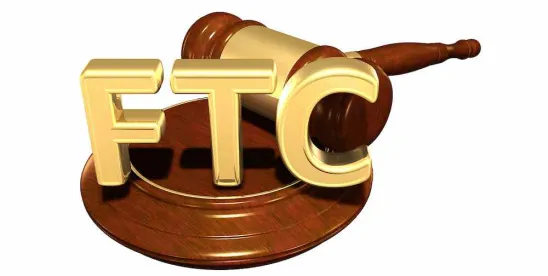The FTC settled charges with mobile advertising company Tapjoy, Inc., on allegations that the company failed to provide promised rewards in exchange for completed activities such as the payment of money, disclosure of sometimes-sensitive personal information, or registration for “free trial” marketing offers. The FTC’s agreement, approved unanimously by the agency’s 5 Commissioners, requires Tapjoy to more conspicuously state the terms of their offers, more closely monitor consumer complaints, and more diligently track advertising partners who deliver (and fail to deliver) promised rewards.
Democratic Commissioners Rohit Chopra and Rebecca Slaughter issued a separate statement, using the Tapjoy settlement as an opportunity to discuss the broader mobile gaming market and their belief that more robust FTC enforcement in the space is required. The Commissioners state that limited competition at the top of the mobile gaming market—combined with its explosion in popularity in the past few years—stifles innovation and drives developers to seek out new and harmful revenue streams while powerful actors and smaller middleman like Tapjoy engage in extractive rent-seeking behavior. The statement points to the rise of loot boxes, turning “video games into virtual casinos,” and in-game surveillance to allow for “intrusive behavior advertising” as options that developers have turned to as alternative monetization models.
The separate statement, as with Commissioner Chopra’s concurrence to amendments to the Energy Labeling Rule that we recently covered, concludes with a call to broader enforcement action by the FTC to protect consumers, stating: “when it comes to addressing the deeper structural problems in this marketplace that threaten both gamers and developers, the Commission will need to use all of its tools – competition, consumer protection, and data protection – to combat middlemen mischief, including by the largest gaming gatekeepers.”
The framing of this issue by Commissioners Chopra and Slaughter is an interesting one, as it seems to lay the blame of problems in the mobile gaming market at the feet of middlemen and other gatekeepers, naming developers and consumers as the harmed parties. Nevertheless, developers need to be just as mindful of potential FTC enforcement as anyone else; this is certainly no blank check.




 />i
/>i

